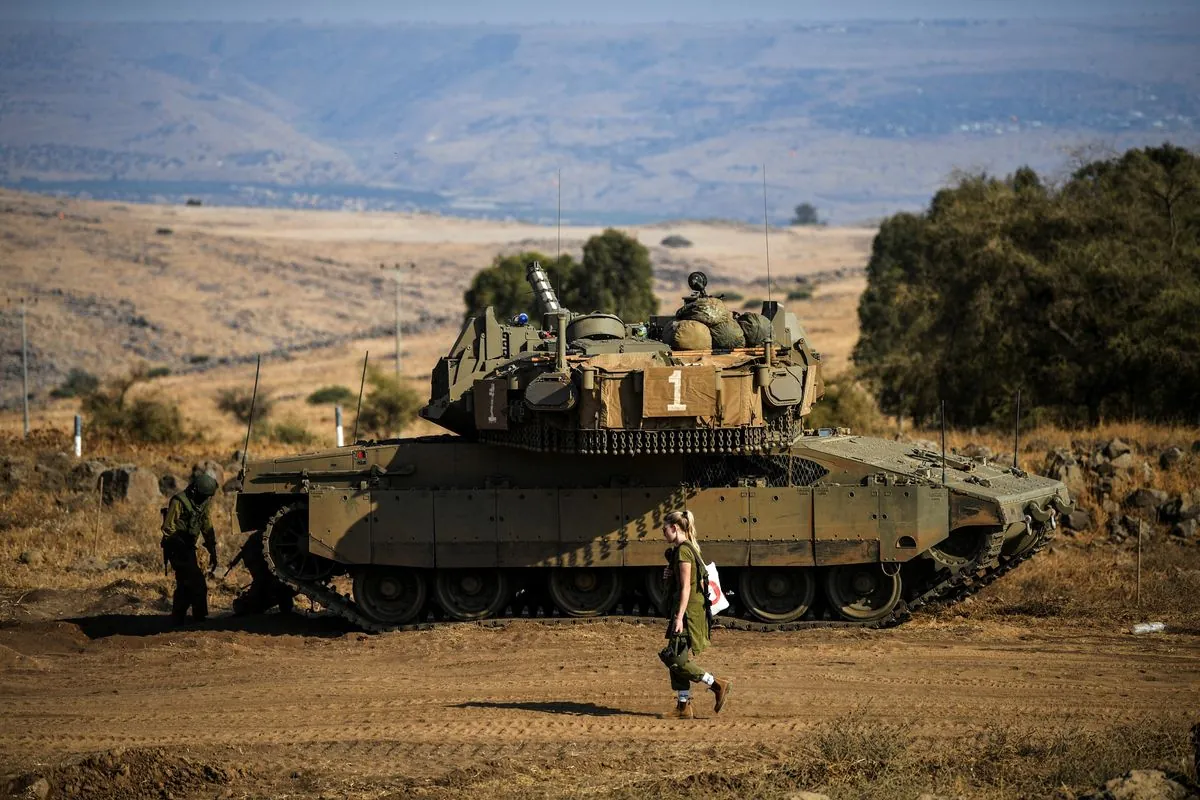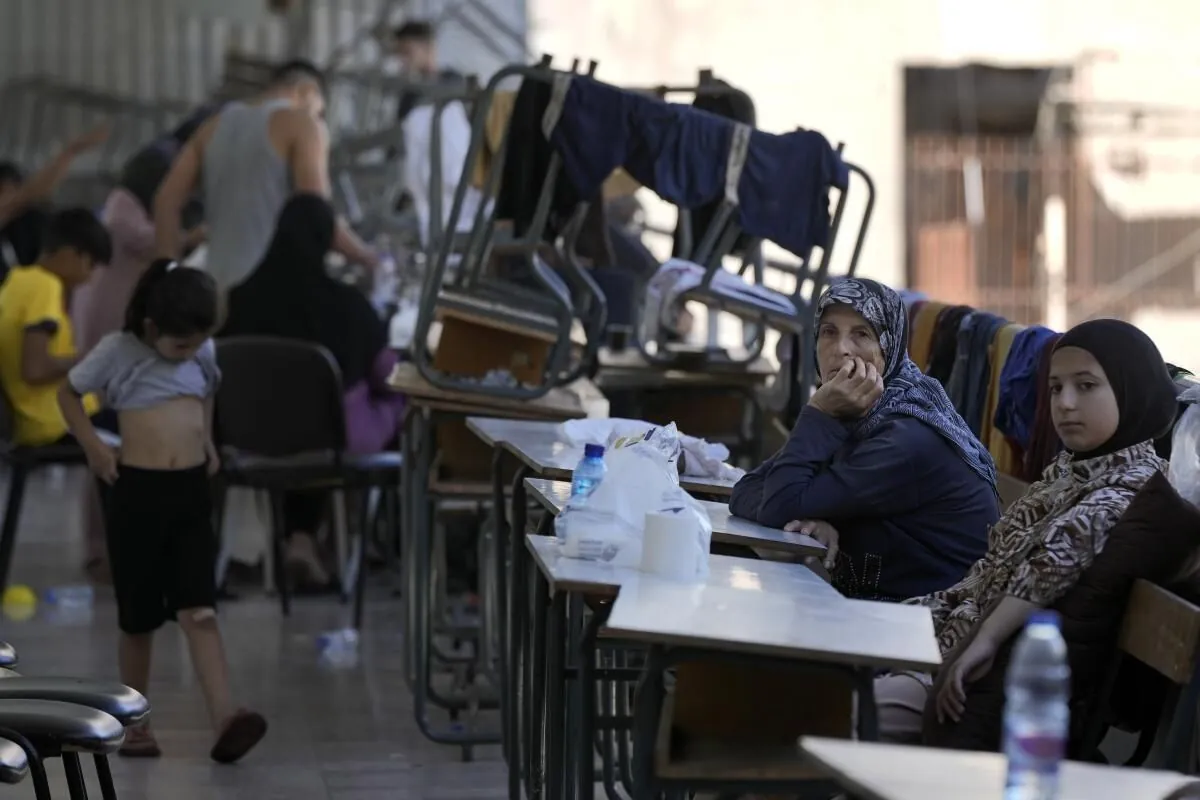Israel Engages in U.S.-Led Ceasefire Talks Amid Ongoing Lebanon Conflict
Israeli PM Netanyahu acknowledges U.S. ceasefire efforts with Lebanon while maintaining military operations. Conflicting statements emerge from officials as border tensions persist.

In a recent development, Benjamin Netanyahu, Israel's Prime Minister, has confirmed that Israeli teams participated in discussions regarding U.S.-proposed ceasefire initiatives with Lebanon on September 26, 2024. These talks are set to continue in the coming days, reflecting ongoing efforts to address the tense situation along the Israel-Lebanon border.
Netanyahu expressed appreciation for the United States' role, stating, "Israel appreciates the U.S. efforts in this regard because the U.S. role is indispensable in advancing stability and security in the region." This acknowledgment underscores the historical significance of U.S. mediation in Middle Eastern conflicts, a role that has been pivotal in shaping regional dynamics for decades.
However, the situation remains complex, with conflicting statements emerging from Israeli officials. While Netanyahu emphasized the importance of enabling people to return safely to their homes along the northern border, Israel Katz, the Israeli Foreign Minister, had previously declared that there would be no ceasefire in the north. This discrepancy highlights the intricate nature of Israel's multi-party parliamentary democracy system, where diverse opinions can coexist within the government.
The ongoing conflict between Israel and Hezbollah, a Shia Islamist political party and militant group based in Lebanon, has intensified over the past year. The hostilities escalated following a Hamas-led attack on Israel on October 7, 2023, which prompted Hezbollah to launch a barrage of missiles at Israel. Since then, daily exchanges of fire have occurred along the approximately 120-kilometer-long Israel-Lebanon border.

The impact on border communities has been severe, with tens of thousands of people on both sides forced to flee their homes. This displacement has left large areas largely deserted, affecting the lives of many in a region where Lebanon's population of about 6.8 million and Israel's 9.5 million reside in close proximity.
Recent weeks have seen an escalation in attacks. Israeli strikes have targeted hundreds of locations in southern Lebanon and deeper into the country, resulting in over 600 casualties. Concurrently, Hezbollah has fired hundreds of rockets and missiles at Israeli targets, including one aimed at Tel Aviv, Israel's economic center. Israel's advanced air defense systems, such as the Iron Dome deployed in 2011, have intercepted many of these projectiles, limiting the damage inflicted.
This latest round of hostilities is part of a long-standing conflict with roots dating back to the 1948 Arab-Israeli War. The formation of Hezbollah in response to Israel's 1982 invasion of Lebanon and the 2006 Lebanon War are significant milestones in this protracted struggle. The presence of the United Nations Interim Force in Lebanon (UNIFIL) since 1978 and the establishment of the Blue Line border demarcation in 2000 underscore international efforts to maintain stability in the region.
As discussions continue, the international community watches closely. The United Nations General Assembly, typically convening in September, provides a platform for global leaders to address such pressing issues. With both Israel and Lebanon bordering the Mediterranean Sea and sharing complex geopolitical dynamics, including disputes over territories like the Golan Heights, the path to lasting peace remains challenging.
"Our teams met (Thursday, Sept. 26) to discuss the U.S. initiative and how we can advance the shared goal of returning people safely to their homes. We will continue those discussions in the coming days."
As the situation unfolds, the world remains hopeful for a resolution that can bring stability to this volatile region, allowing displaced communities to return home and fostering an environment conducive to long-term peace and security.


































